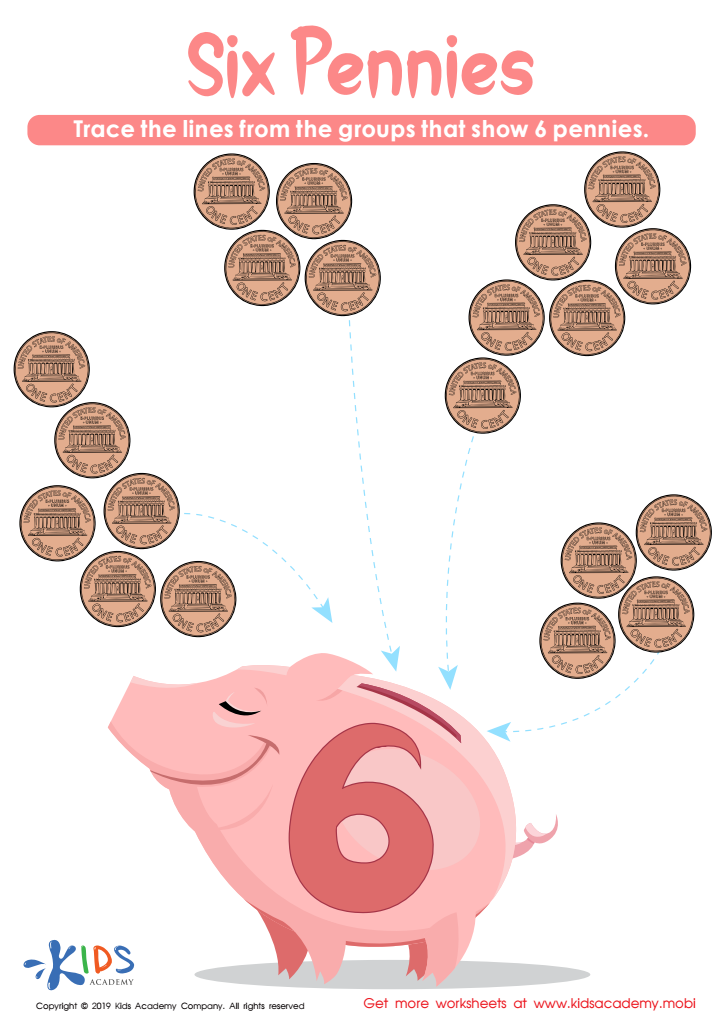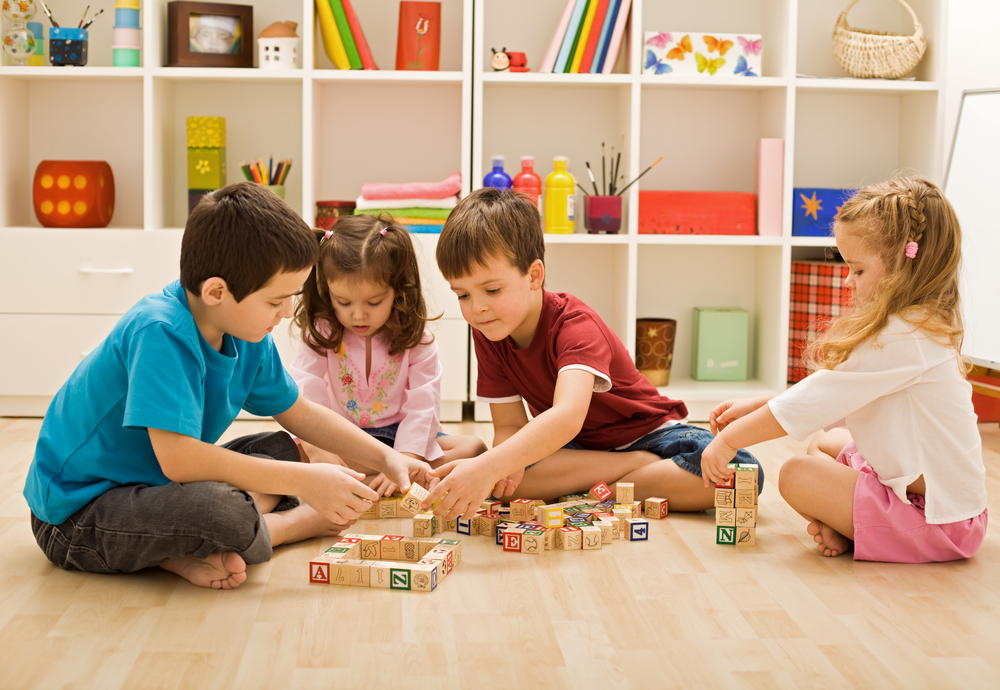Adding skills Worksheets for Kids
1 filtered results
-
From - To


Six Pennies Worksheet
Question/Answer
How to train the Adding skill in Preschool students learning about Numbers?
To train the Adding skill in Preschool students, introduce them to tangible objects like blocks, beads, or fruits to physically manipulate. Start with small numbers, demonstrating how combining two groups creates a larger one.
How to test a Preschool student’s Adding skills?
To assess a preschool student's adding skills, use tangible items like blocks or counters. Present a simple addition problem, such as 2 + 3, by physically grouping 2 items and then adding 3 more. Ask the child to count the total number of items after they've been combined.
Why is the Adding skill important for Preschool students?
The adding skill is important for preschool students because it lays the foundational groundwork for understanding mathematics. It helps develop their cognitive abilities, enhances problem-solving skills, and facilitates understanding of more complex mathematical concepts in the future. Early mastery of addition also boosts their confidence and engagement in learning, fostering a positive attitude towards education.
 Assign to the classroom
Assign to the classroom



.jpg)








